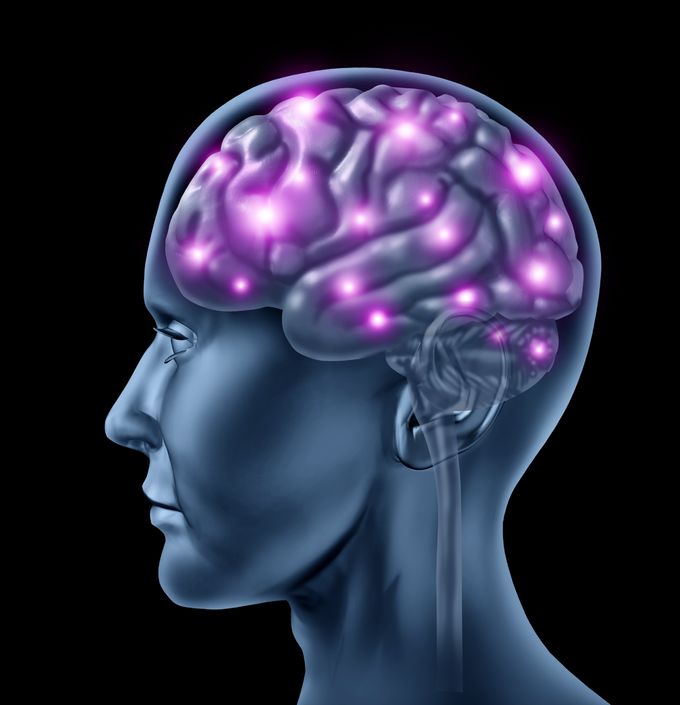While scientists are still working on a solid cure for insomnia, Concordia University researchers are working a method to predict who’s likely to be affected.
Published in the journal Frontiers in Human Neuroscience, lead study investigator Dr. Thien Thanh Dang-Vu and his team focused on how stress impacted the sleep of 12 Concordia students as they were experiencing the hectic time of finals.
As each study participant also had their brain waves measured at the beginning of the school semester, the research team found that the students with a lower pattern of particular brain waves were more likely to develop insomnia with the stress of exams being the trigger.
“We found that those who had the lowest spindle activity tended to develop more disturbances in response to stress, when comparing sleep quality at the beginning of the semester and the end of the school semester,” Dr. Dang-Vu further explained.
During a previous research project, the team of researchers learned that having a high number of sleep spindles, or patterns squiggly lines of electromagnetic activity when viewed using a diagnostic tool, helps sleepers resist those nighttime awakenings and enjoy a full night’s sleep.
Unfortunately, our spindles are currently considered genetic, with no activity or doctor being able to give a person better spindles for shut-eye. However, improving spindles will probably be explored much further now that it’s been proven that spindle activity can help identify people suffering from insomnia.


No comments yet.